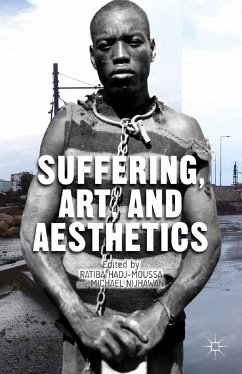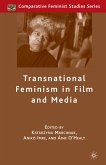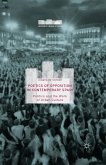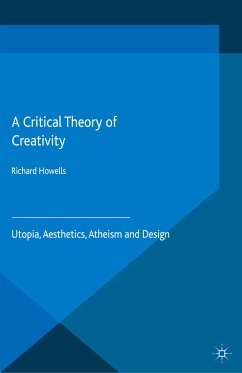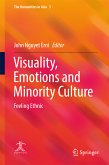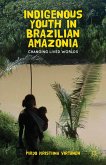Dieser Download kann aus rechtlichen Gründen nur mit Rechnungsadresse in A, B, BG, CY, CZ, D, DK, EW, E, FIN, F, GR, HR, H, IRL, I, LT, L, LR, M, NL, PL, P, R, S, SLO, SK ausgeliefert werden.
"It's commonplace to criticize depictions of suffering as numbing spectacle. Suffering, Art, and Aesthetics offers powerful cases of artworks in many media that capture and express the suffering of others, whether between generations or across cultures, with thoughtful care. By strategies such as privileging the ordinary, giving precedence to non-visual sensory experience, and addressing local audiences first, artworks can decelerate the transition from sensation to meaning, giving recipients time and space to feel, gradually decipher, and collectively learn from experiences of suffering." - Laura U. Marks, Simon Fraser University, Canada

